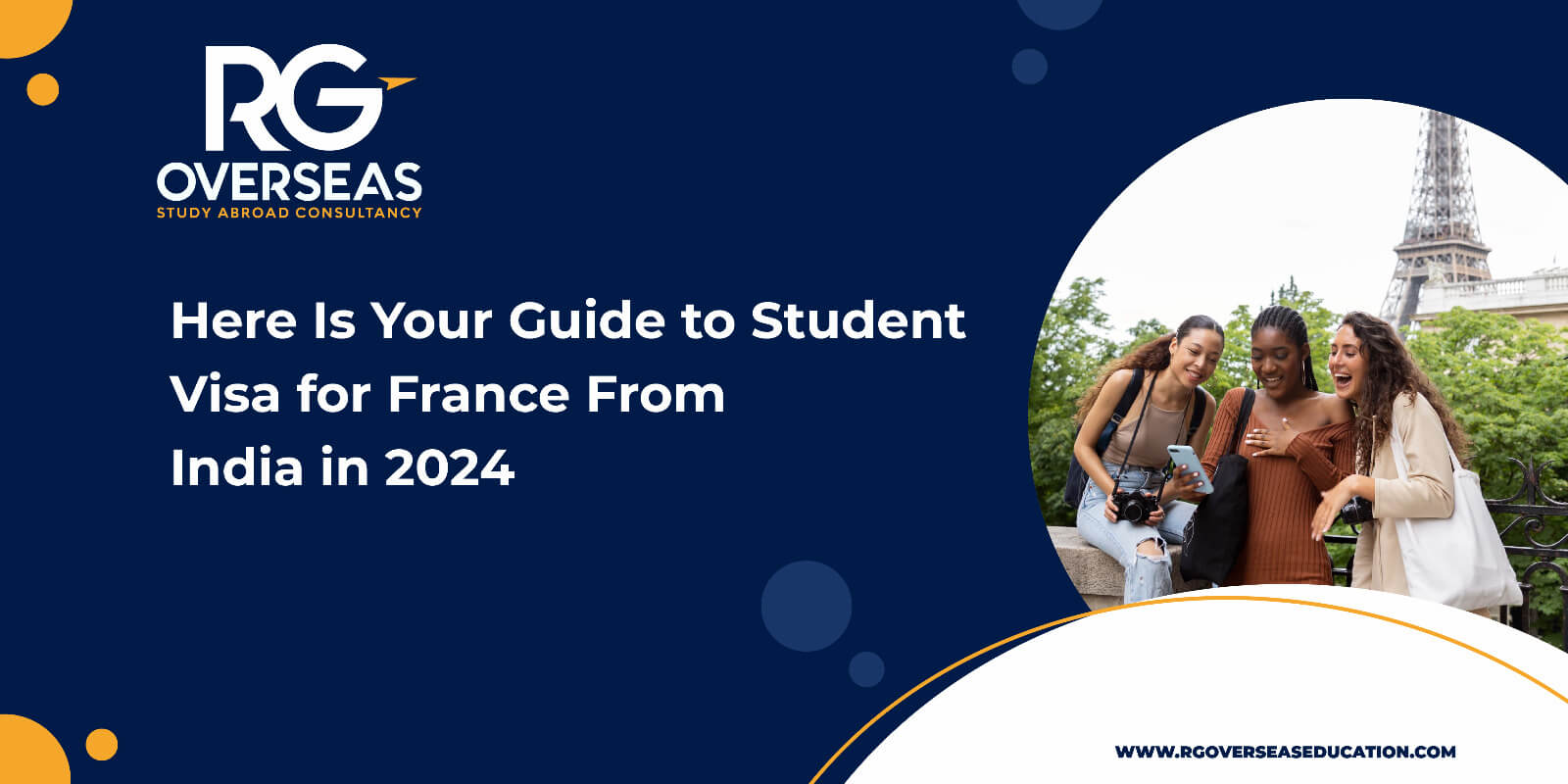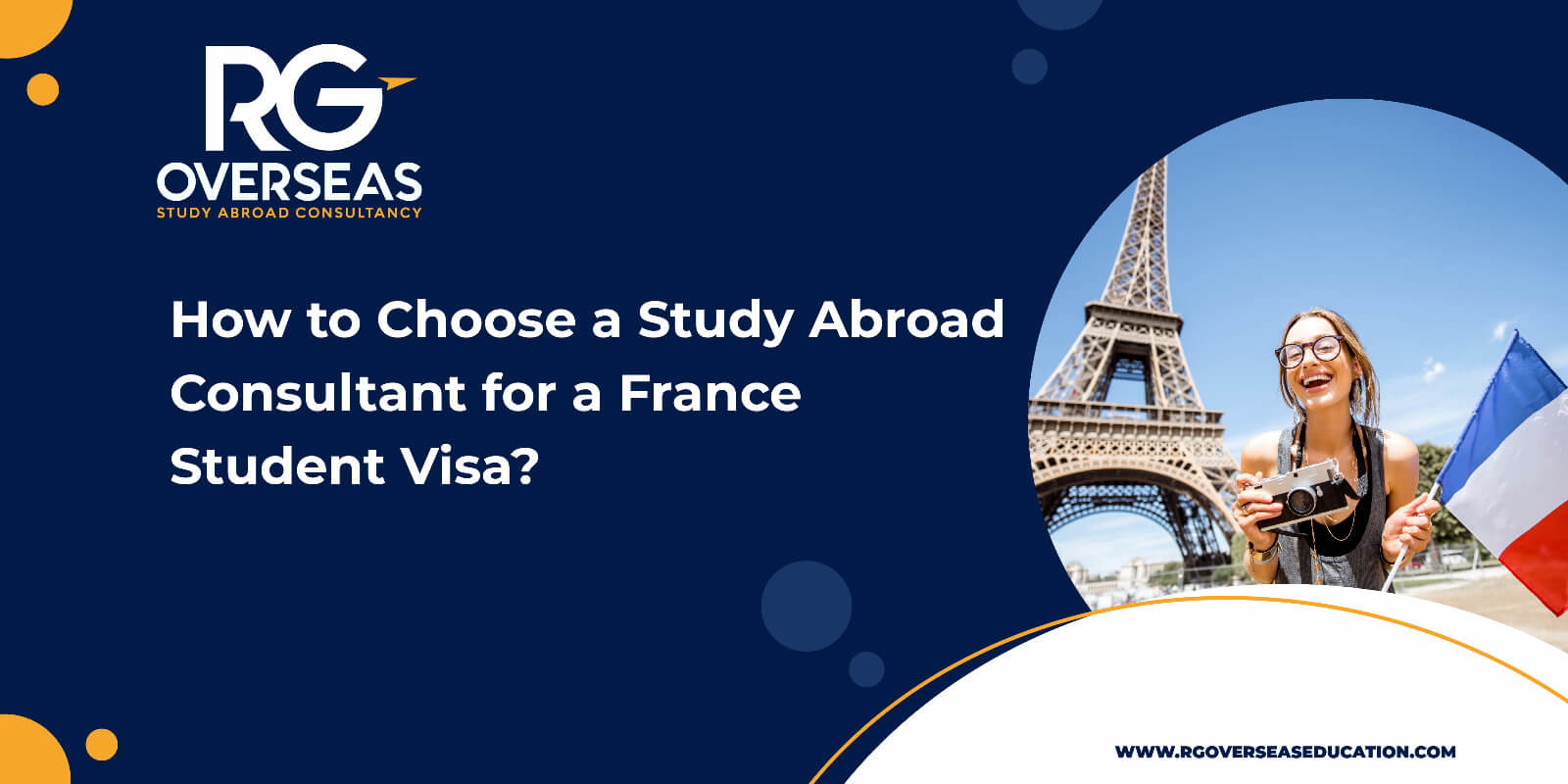Studying abroad is an exciting adventure, opening doors to new experiences, cultures, and opportunities. For Indian students, France has emerged as a popular destination due to its world-class education system, vibrant culture, and rich history. Navigating the student visa process can be daunting, but with the right guidance, you can make your dream of studying in France a reality. Here’s your comprehensive guide to securing a student visa for France from India in 2024.
Understanding the French Education System
Types of Institutions
France boasts a variety of educational institutions, including public universities, Grandes Écoles (elite schools), and specialized institutes. Each offers unique programs and experiences tailored to different academic and professional goals.
Popular Courses Among Indian Students
Indian students often pursue degrees in engineering, business, fashion, and culinary arts in France. The country is known for its prestigious business schools and cutting-edge research facilities, making it an ideal choice for higher education.
Types of Student Visas
Short-Stay Visa
This Student visa is ideal for students enrolling in short courses or summer programs lasting less than three months. It’s straightforward to obtain but does not allow for extension or long-term stay.
Temporary Long-Stay Visa
This visa suits students attending programs lasting between three and six months. It’s extendable, allowing for a longer stay if necessary.
Long-Stay Visa
The long-stay visa is for students enrolled in full-time courses lasting more than six months. It acts as a residence permit, enabling students to live and study in France for the duration of their program.
Eligibility Criteria for a Student Visa
Academic Requirements
Applicants must have an acceptance letter from a recognized French institution. Academic records should reflect strong performance in previous studies.
Financial Requirements
Proof of sufficient funds to cover tuition, living expenses, and other costs is mandatory. This can be demonstrated through bank statements, sponsorship letters, or scholarship awards.
Language Proficiency
Depending on the course language, students may need to provide proof of proficiency in French (DELF/DALF) or English (IELTS/PTE).
Step-by-Step Guide to Applying for a Student Visa
Research and Choose Your Course
Start by identifying the courses and institutions that align with your academic and career goals. Utilize resources like Campus France to explore your options.
Get Accepted by a French Institution
Apply directly to the institutions of your choice. Once accepted, you’ll receive an enrollment letter, a crucial document for your visa application.
Gather Required Documents
Collect all necessary documents, including your passport, photos, proof of enrollment, financial statements, and health insurance.
Documents Required for the Visa Application
Proof of Enrollment
Your acceptance letter from a French student visa institution confirms your place in the course.
Financial Statements
These documents prove you can support yourself financially during your stay.
Health Insurance
Health coverage is mandatory. Purchase insurance that meets French requirements or enroll in the French social security system.
Accommodation Proof
Provide evidence of your housing arrangements in France, whether it’s a dormitory, rental apartment, or homestay.
Statement of Purpose
A letter explaining why you chose to study in France, your academic goals, and how the course fits into your future plans.
The Visa Interview
What to Expect
The interview is a chance for the consulate to verify your application details. Be prepared to discuss your course, financial situation, and future plans.
Common Questions Asked
- Why did you choose this course and institution?
- How will you fund your studies and stay in France?
- What are your plans after completing your education?
- Tips for a Successful Interview
- Be honest and concise.
- Maintain a positive and confident demeanor.
- Bring all required documents and additional copies.
- Processing Time and Fees
How Long Does It Take?
The processing time for a student visa typically ranges from two weeks to two months. Apply well in advance to avoid delays.
Application Fees
Visa fees vary but are generally around €50-€100. Additional service charges may apply.
After Receiving Your Visa
Pre-Departure Preparations
Plan your travel, arrange accommodation, and finalize your financial and academic documents
Arriving in France
Once in France, register with local authorities and activate your residence permit. This is crucial for legal residency and accessing student benefits.
Registering with French Authorities
Within the first few months, you must register with the French Office of Immigration and Integration (OFII) and undergo a medical examination.
Living in France as a Student
Cost of Living
Living expenses vary by city. Paris is more expensive than smaller towns. Budget for accommodation, food, transportation, and leisure activities.
Part-Time Work Opportunities
Students can work up to 20 hours per week during the academic year and full-time during holidays. Part-time jobs help manage living costs and gain work experience.
Student Discounts and Benefits
Take advantage of student discounts on transportation, entertainment, and cultural activities. Many institutions offer subsidized meals and housing.
Conclusion
Navigating the student visa process for France may seem challenging, but with thorough preparation and the right information, it can be a smooth journey. Embrace this opportunity to study in one of the most beautiful and academically rich countries in the world. Good luck with your application, and enjoy your time in France!


